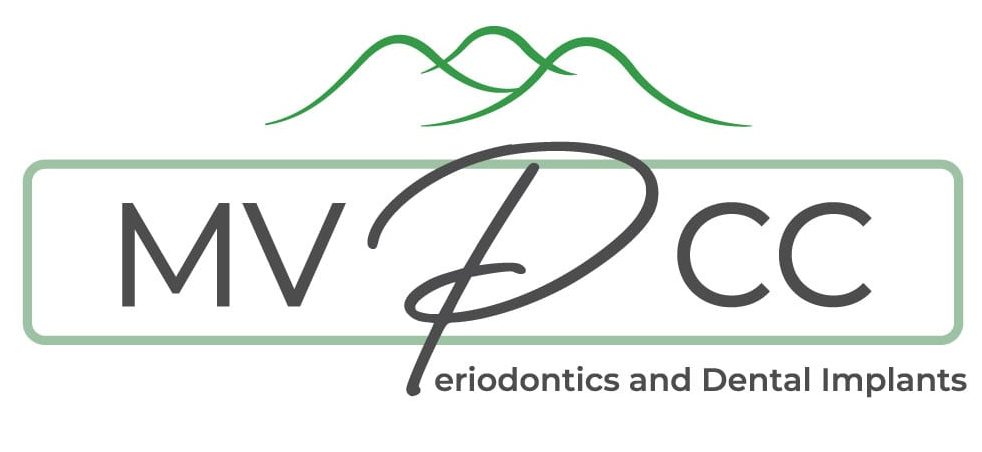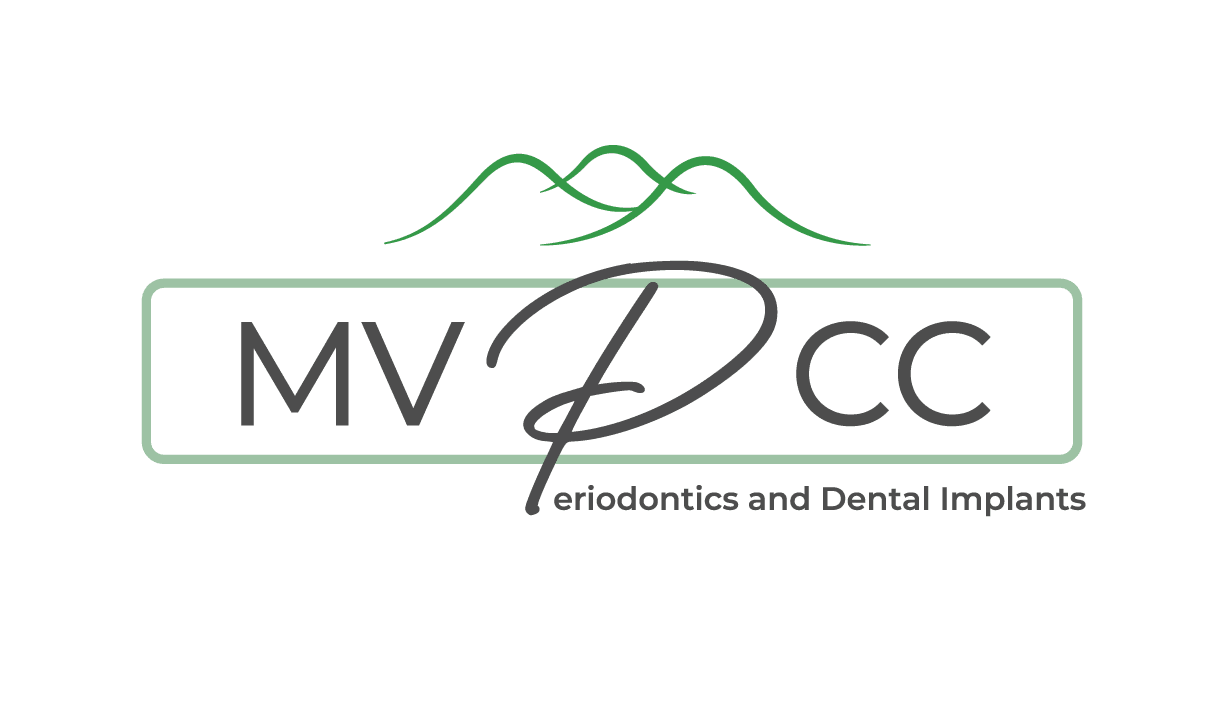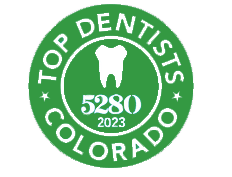Tooth extraction is a standard dental procedure that many people undergo for various reasons, including severe decay, severe bone loss, overcrowding, or impaction. Understanding the recovery process after tooth extractions in Glendale and Parker at Periodontics of Cherry Creek and Mountainview Periodontics and Dental Implants can help one to prepare adequately and ease any anxieties about the procedure. Here, we will delve into recovery details, the factors that affect recovery, and tips for a smooth healing journey.
Immediate Aftercare: The First 24 Hours
The first 24 hours following tooth extraction are critical for proper healing. During this period, a blood clot forms at the extraction site to stop bleeding and aid in healing.
- Bleeding: After the extraction, bleeding is expected. Biting down on gauze helps control the bleeding and facilitate clot formation.
- Swelling and Discomfort: During the first few days, you can expect swelling and mild to moderate pain. Applying an ice pack to the affected area for 10-20 minutes can help reduce swelling.
- Rest: Resting quietly with your head elevated can minimize discomfort and swelling.
The First Few Days: Initial Healing
The initial healing phase begins on the second or third day, and following aftercare instructions is essential.
- Soft Diet: Sticking to a soft diet and avoiding hot, spicy, or crunchy foods can prevent irritation at the extraction site. Foods like yogurt, applesauce, and mashed potatoes are good options.
- No Smoking or Alcohol: Avoiding smoking and alcohol consumption is crucial, as these can impair wound healing and increase the risk of complications such as dry sockets.
- Oral Hygiene: Maintaining oral hygiene is vital, but you must avoid disturbing the extraction site. Gently rinsing with a saltwater solution can help keep the area clean without the harshness of regular mouthwash. Sometimes we also prescribe a special mouth rinse to help kill bacteria during the initial healing process.
The initial healing phase usually subsides within two to three weeks after the extraction. Continued healing can last for months as the bone remodels in the area. However, this is typically not an uncomfortable process for the patient.
Factors Influencing Recovery Time
Several factors can affect the recovery time after tooth extraction:
- The complexity of the Extraction: Simple extractions usually heal faster than surgical extractions, which involve cutting into the gum and sometimes removing bone.
- Age: Younger individuals generally heal more quickly than older adults.
- Overall Health: People with underlying health conditions, such as diabetes or immunocompromised, might experience a prolonged healing period. Patients that smoke also have slower healing due to the decreased blood supply in the extraction area.
- Postoperative Care: Adhering to postoperative care instructions and avoiding activities that could disrupt the healing process, such as smoking or strenuous exercise, can significantly influence recovery time.
Tips for a Smooth Recovery
- Follow Postoperative Instructions: Always adhere to your dentist’s care instructions to avoid complications.
- Stay Hydrated: Drinking fluids is essential, but avoid using straws as the suction can dislodge the blood clot.
- Healthy Diet: Consuming a balanced, nutrient-rich diet can support healing. Incorporate foods rich in vitamins A and C, which are crucial for tissue repair. We also recommend avoiding foods with seeds, nuts, popcorn, or any other small things that could get lodged in the extraction socket.
- Avoiding Rinsing Vigorous Rinsing: Too much mouth rinsing can affect the blood clot. Gentle swishing is recommended.
- Listen to Your Body: Give yourself time to rest and avoid rushing back into strenuous activities too quickly. We typically recommend no vigorous activity or heavy lifting for about 3 to 4 days.
Tooth Extractions in Glendale and Parker
In conclusion, the recovery period after a tooth extraction varies depending on several factors but generally follows a predictable timeline. Most discomfort subsides in the first couple days and is easily managed by prescribed medications. Understanding the stages of healing, adhering to aftercare instructions, and listening to your body can facilitate a smooth recovery and a relatively quick return to your regular routine. You can consult Dr. Maryanne Butler and Dr. Amy Riffel for guidance if you need more clarification on any aspect of your healing journey.
Request an appointment today in Parker or Glendale!


